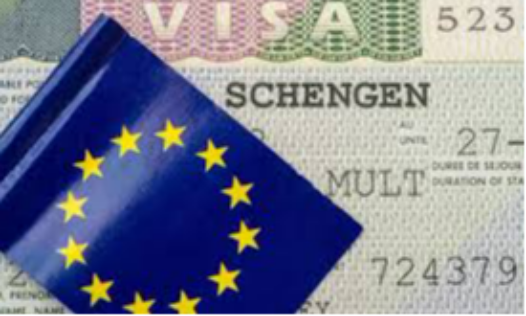Payment is being processed. Please do not refresh or close this page until your payment is complete.
 Book an Appointment
Book an Appointment

The European Travel Information and Authorization System (ETIAS), an upcoming travel requirement for visa-exempt travelers entering the Schengen Area, has officially been postponed to the last quarter of 2026, according to recent updates from the European Union authorities.
What is ETIAS?
ETIAS is an electronic travel authorization system designed to enhance border security across the Schengen Zone. Similar to the U.S. ESTA, it aims to pre-screen travelers from visa-free countries before they enter Europe. ETIAS is not a visa but a mandatory travel permit that travelers must obtain online prior to their trip.
Reason for the Delay
Originally planned for implementation in 2024 (after earlier delays), ETIAS has now been postponed to late 2026. The primary reasons for the delay include:
• Technical integration challenges, particularly in aligning ETIAS with the Entry/Exit System (EES), another EU border control mechanism.
• Ongoing testing and coordination between EU member states and relevant IT systems.
• Ensuring data protection and cybersecurity compliance.
Who Will Need ETIAS?
Once implemented, nationals from over 60 visa-exempt countries, including the U.S., Canada, the UK, Australia, Japan, and India (for diplomatic/official passport holders), will need to apply for ETIAS before traveling to the Schengen Area for short stays (up to 90 days in any 180-day period).
Key Features of ETIAS
• Cost: €7 for travelers aged 18 to 70; free for others.
• Validity: 3 years or until passport expiry, whichever comes first.
• Processing Time: Usually within minutes; may take up to 30 days in rare cases requiring additional checks.
• Application: Online, requiring personal details, travel information, and security-related questions.
Implications of the Postponement
• Travelers from visa-free countries can continue visiting the EU without ETIAS until late 2026.
• Travel agencies, airlines, and border authorities will have more time to adapt to the upcoming changes.
• Governments and the EU will continue public information campaigns to raise awareness among future travelers.